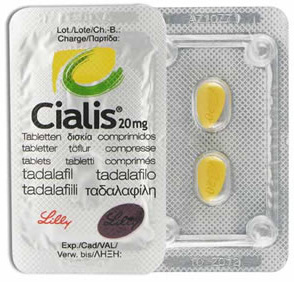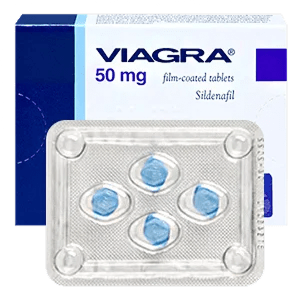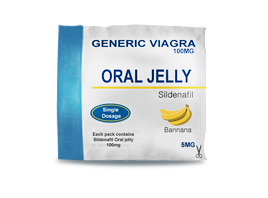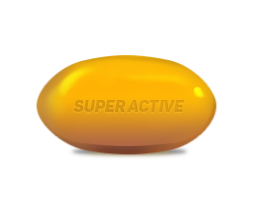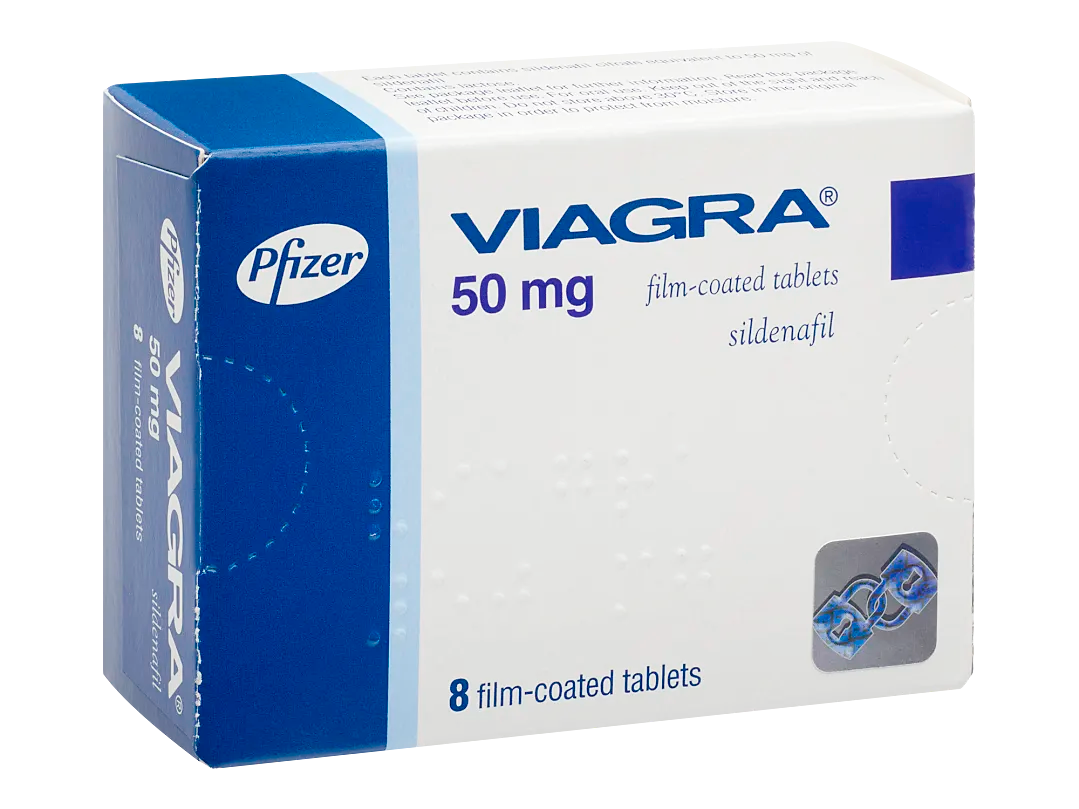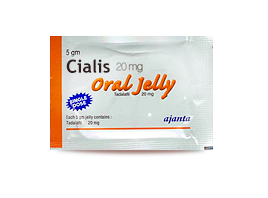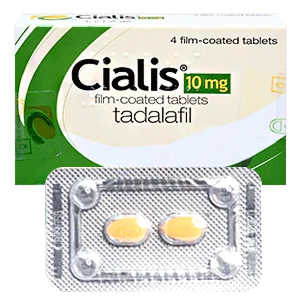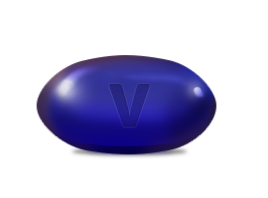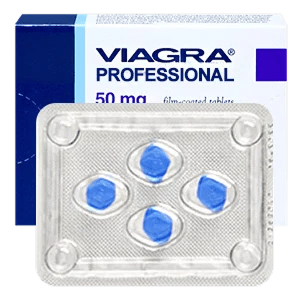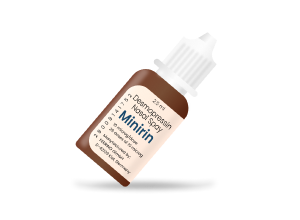
DDAVP® Nasal Spray (desmopressin acetate) is a synthetic analogue of the natural pituitary hormone 8-arginine vasopressin (ADH), an antidiuretic hormone affecting renal water conservation.


DDAVP 2.5ml spray 10 mcg
| Package | sprayer | Total price | Save | Order |
|---|---|---|---|---|
| 2.5ml × 1 Sprayers | $77.62 | $77.62 | - | Add to cart |
| 2.5ml × 2 Sprayers | $69.86 | $139.72 | $15.52 | Add to cart |
| 2.5ml × 3 Sprayers | $66.93 | $200.78 Free Trackable Delivery | $32.07 | Add to cart |
| 2.5ml × 4 Sprayers | $64.17 | $256.67 Free Trackable Delivery | $53.80 | Add to cart |
| 2.5ml × 8 Sprayers | $62.36 | $498.86 Free Trackable Delivery | $122.08 | Add to cart |
Your order will be packed safely and securely and dispatched within 24 hours. This is exactly how your parcel will look like (pictures of a real shipping item). It has the size and the look of a regular private letter (9.4x4.3x0.3 inches or 24x11x0.7cm), and it does not disclose its contents



Drug uses
Central Cranial Diabetes Insipidus: DDAVP Nasal Spray (desmopressin acetate nasal spray) is indicated as antidiuretic replacement therapy in the management of central cranial diabetes insipidus and for management of the temporary polyuria and polydipsia following head trauma or surgery in the pituitary region. It is ineffective for the treatment of nephrogenic diabetes insipidus.
The use of DDAVP Nasal Spray (desmopressin acetate nasal spray) in patients with an established diagnosis will result in a reduction in urinary output with increase in urine osmolality and a decrease in plasma osmolality. This will allow the resumption of a more normal life-style with a decrease in urinary frequency and nocturia.
There are reports of an occasional change in response with time, usually greater than 6 months. Some patients may show a decreased responsiveness, others a shortened duration of effect. There is no evidence this effect is due to the development of binding antibodies but may be due to a local inactivation of the peptide.
Patients are selected for therapy by establishing the diagnosis by means of the water deprivation test, the hypertonic saline infusion test, and/or the response to antidiuretic hormone. Continued response to intranasal DDAVP can be monitored by urine volume and osmolality.
DDAVP is also available as a solution for injection when the intranasal route may be compromised. These situations include nasal congestion and blockage, nasal discharge, atrophy of nasal mucosa, and severe atrophic rhinitis. Intranasal delivery may also be inappropriate where there is an impaired level of consciousness. In addition, cranial surgical procedures, such as transsphenoidal hypophysectomy create situations where an alternative route of administration is needed as in cases of nasal packing or recovery from surgery.
Overdosage
Signs of overdose may include confusion, drowsiness, continuing headache, problems with passing urine and rapid weight gain due to fluid retention. In case of overdosage, the dose should be reduced, frequency of administration decreased, or the drug withdrawn according to the severity of the condition. There is no known specific antidote for desmopressin acetate or DDAVP Nasal Spray.
An oral LD50 has not been established. An intravenous dose of 2 mg/kg in mice demonstrated no effect.
Storage
Store at Controlled Room Temperature 20 to 25°C (68 to 77°F). STORE BOTTLE IN UPRIGHT POSITION.
Keep out of the reach of children.
Safety information
Warnings
- For intranasal use only.
- DDAVP Nasal Spray (desmopressin acetate nasal spray) should only be used in patients where orally administered formulations are not feasible.
- Very rare cases of hyponatremia have been reported from world-wide postmarketing experience in patients treated with DDAVP (desmopressin acetate). DDAVP is a potent antidiuretic which, when administered, may lead to water intoxication and/or hyponatremia. Unless properly diagnosed and treated hyponatremia can be fatal. Therefore, fluid restriction is recommended and should be discussed with the patient and/or guardian. Careful medical supervision is required.
- When DDAVP Nasal Spray (desmopressin acetate nasal spray) is administered, in particular in pediatric and geriatric patients, fluid intake should be adjusted downward in order to decrease the potential occurrence of water intoxication and hyponatremia. All patients receiving DDAVP therapy should be observed for the following signs or symptoms associated with hyponatremia: headache, nausea/vomiting, decreased serum sodium weight gain, restlessness, fatigue, lethargy, disorientation, depressed reflexes, loss of appetite, irritability, muscle weakness, muscle spasms or cramps and abnormal mental status such as hallucinations, decreased consciousness and confusion. Severe symptoms may include one or a combination of the following: seizure, coma and/or respiratory arrest. Particular attention should be paid to the possibility of the rare occurrence of an extreme decrease in plasma osmolality that may result in seizures which could lead to coma.
- DDAVP should be used with caution in patients with habitual or psychogenic polydipsia who may be more likely to drink excessive amounts of water, putting them at greater risk of hyponatremia.
Disclaimer
The information on this page is not intended to be a substitute for professional medical advice. Do not use this information to diagnose or treat your problem without consulting your doctor.
Side effects
Infrequently, high dosages of intranasal DDAVP have produced transient headache and nausea. Nasal congestion, rhinitis and flushing have also been reported occasionally along with mild abdominal cramps. These symptoms disappeared with reduction in dosage. Nosebleed, sore throat, cough and upper respiratory infections have also been reported.
Viagra Soft Flavored - chewing tablet viagra, which has a mint taste and differs from usual viagra by mode of administration and speed of effect. Unlike usual viagra - Viagra Soft Flavored should be resolved or chewed. So at administration of drug it is possible to take alcohol and greasy food that is not recommended at taking of any other type of viagra. The effect of Viagra Soft Flavored comes in 30 minutes after reception, and lasts for 4 hours.

Cialis Professional - effective tablets for improvement of erection. They begin to work in 15 minutes from the moment of taking and actions for 36 hours. They can cause not less than 10, but no more than 16 erections. The medicine increases duration of sexual intercourse. The tablets are successfully used for reduction of time for recovery of erection after ejaculation.
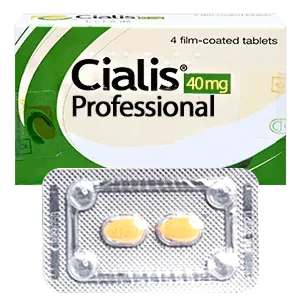
Brand Levitra – a drug from Bayer, with a basic chemical called Vardenafil, is an improved remedy for treating erectile difficulties. Operates approximately within 6-8 hours, so a man may be ready to perform sexually the whole night.

Brand Levitra – a drug from Bayer, with a basic chemical called Vardenafil, is an improved remedy for treating erectile difficulties. Operates approximately within 6-8 hours, so a man may be ready to perform sexually the whole night.

Cialis Professional - effective tablets for improvement of erection. They begin to work in 15 minutes from the moment of taking and actions for 36 hours. They can cause not less than 10, but no more than 16 erections. The medicine increases duration of sexual intercourse. The tablets are successfully used for reduction of time for recovery of erection after ejaculation.

Cialis Soft Tabs differs from a usual tablet of Cialis in the fact that its action comes quicker. Cialis Soft is chewed and dissolved under a tongue that allows to reach a required effect in 10-15 minutes. Important!!! Cialis Soft is compatible to alcohol and greasy food!







